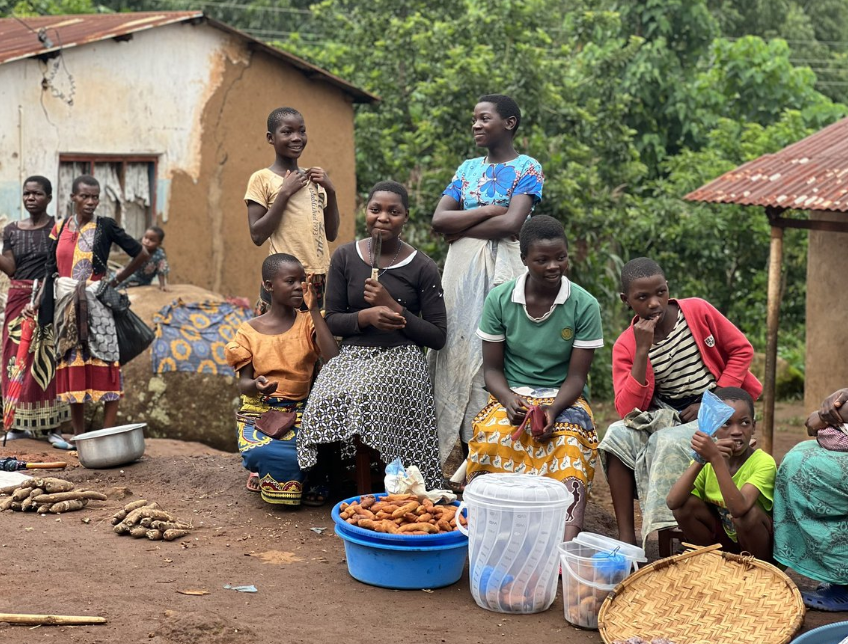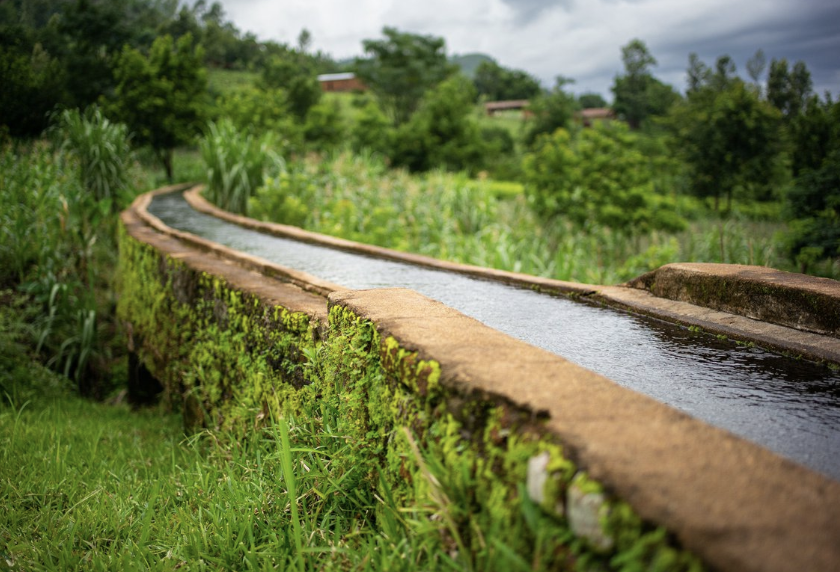A Bitcoin (BTC) mining project that harnesses clean, stranded and excess hydroelectric power in Malawi has gained momentum. The company behind the project, Gridless, shared that there are now “1,600 families connected to this remote mini-hydroelectric grid in the mountains of southern Malawi.”
1,600 families connected to this remote mini-hydroelectric grid in the mountains of southern Malawi. They have 50kW of stranded power that we are testing as a new Bitcoin mining site.
Context videos.
I’m still working on ventilation, wiring, etc. pic.twitter.com/Sxf8ABGPWH
— Gridless (@GridlessCompute) January 21, 2023
The project taps 50 kilowatts (kW) of stranded power to test as a new Bitcoin mining site. Erik Hersman, CEO and co-founder of Gridless, told Cointelegraph that while it is a completely new mining project, the “impact was felt immediately.”
“The power developer had built these power plants a few years ago, but they couldn’t expand to more families because they are barely profitable and they couldn’t afford to buy more meters to connect more families. So our agreement allowed them to immediately buy 200 more meters to connect more families.”
Bitcoin miners are flexible but power-hungry customers. They are a plug in and play solution for excess power sources around the world. In Malawi, miners use environmentally friendly hydroelectric power.
In Herman’s words:
“The environmental footprint is quite light since it is discharged from a river. And Bitcoin mining didn’t change any of that.”
It is Gridless’s second project in sub-Saharan Africa to date. Late last year, a mining project in Kenya connected a remote community using excess hydropower.

Aside from the environment, the Bitcoin mine brings economic empowerment and job opportunities to Malawi. Hersman explained that electrical load disconnection is common in Malawi, but the 1,600 families that use the hydroelectric power source do not have any power problems:
“It always amazes me how useful and valuable mini-grids are to the community. (Bitcoin mining) immediately changes the education, healthcare, business, logistics and wealth of the community they enter.”
Obi Nwosu, CEO of Fedimint and advisor to the Gridless board of directors, also shed light on the story, explaining that the project in “Malawi is one more in a line of what I hope will be many examples in the coming years.”
“As usual, these are modest folks rolling up their sleeves and helping talented local engineers do what they do best. The project brings financial and economic power and freedom to many.”
Bitcoin miners harnessing stranded power while empowering local communities is a growing trend in 2023. From El Salvador’s promise of geothermal Bitcoin mining to balancing the load on the grid and keeping jobs for local communities in Canada, there is a “torrent of opportunity on the way.” Nwosu explains.
Related: 7 Times Bitcoin Miners Made the World a Better Place
Michael Saylor has described Bitcoin mining as “the ideal high-tech industry to set up in a nation that has a lot of clean energy but can’t export a product or produce a service with that energy.” It is an exact summary of the project in Malawi.

Ultimately, this type of Bitcoin mining project is more like a partnership. Hersman sums it up: “We work with the power producer, and they work to keep the price of power affordable and all of their employees are from the community as well, providing jobs for everything from security to handymen and operators.”
![]()
![]()
![]()
![]()
![]()
![]()
![]()
![]()
![]()
![]()
![]()
![]()
![]()
![]()
![]()
![]()
![]()
![]()
![]()
 NEWSLETTER
NEWSLETTER





